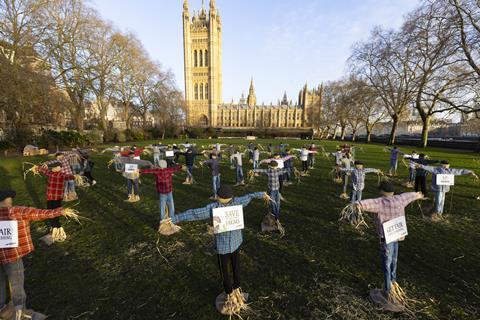
Retailers are employing more intermediaries to carry out price negotiations, pushing more producers out of the Groceries Supply Code of Practice, The Grocer has learned.
According to sector leaders, the major supermarkets are now employing intermediaries at a greater extent, meaning suppliers who previously had a direct relationship with retailers no longer did so and were therefore no longer covered by the GSCOP guidelines.
“The model [of employing intermediaries] is not new but you are starting to see more retailers who are looking to do more of this and less working direct with any grower,” said Ged Futter, director of The Retail Mind. He added that the practice was also expanding into new categories.
Futter explained the major mults would save time by using the middlemen to negotiate for them as buyers “have bigger buying areas than ever before”.
The “pushing down” of growers was likely to continue, he said, and it all depended on whether growers and suppliers “have got the power to say no” to the retailers.
Shelf prices had continued to increase in recent months, but – in echoes of numerous warnings from growers over the past two years – returns to the farming sector were not keeping pace, he added.
The practice was now perpetuating a growing disconnect between farmer and retailer, according to sector insiders.
At a recent Commons Efra Committee meeting, Ali Capper, executive chair of British Apples & Pears, said the code and the existence of the Groceries Code Adjudicator had “stopped the retailers taking money out the back door, but they are now taking it out the front door instead”.
And she added that new intermediaries were emerging into the apple sector, thereby giving growers less protection and less direct access to supermarket buyers.
“We need to obligate retailers to the fair dealing clause and we need contracts with pricing mechanisms,” said Capper.
It comes as a Riverford Organic Farmers-led petition was debated in the House of Commons on Monday, after it surpassed the 100,000-signature threshold.
The petition was part of the veg box company’s Get Fair About Farming campaign which called for a fairer deal for British farmers, after a survey of growers by Riverford revealed almost half feared they could be out of business within a year due to financial difficulties.
Fresh produce supply chain review launched in bid to improve fairness
The issue of intermediaries was raised during the debate as offering “the potential to allow retailers to circumvent the [GCA] code” by Christina Rees, independent MP for Neath and chair of the debate.
She added that “by advocating for reform, we not only support our farmers but contribute to building a more resilient, ethical and sustainable food system”.
Supermarkets were also accused of “operating a little bit like a cartel” by Richard Foord, Liberal Democrat MP for Tiverton and Honiton.
He pointed to Christmas deals whereby consumers could buy bags of vegetables for 15p – “way below the cost of production,” – adding it would be one thing if only Aldi had done it, but that other retailers had followed suit.
During the debate, farming minister Mark Spencer said: “As a government, we want to continue to tackle the unfair practices that still exist by working across the sector to see a thriving retail sector that keeps our supermarket shelves filled but also protects our fantastic farmers, the landscapes that they hold so dear, and the food that they produce.” Defra kicked off its supply chain review of the horticulture sector in December.
Riverford had, earlier that day, installed 49 scarecrows in Victoria Towers Garden, to represent the 49% of farmers who reported they thought it was likely they would go out of business in the next 12 months.
“The government needs to do more to ensure the future of British farming and protect against the too often unfair and abusive behaviour of supermarkets and their suppliers,” said Riverford founder Guy Singh-Watson.
“Current government policies in place to protect farmers currently fall woefully short, and supermarkets are able to exploit our hard-working farmers to prop up their profits.”







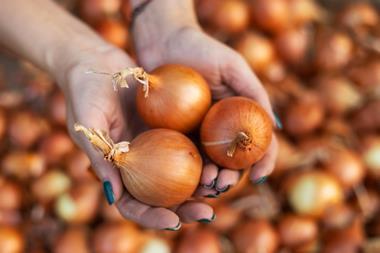
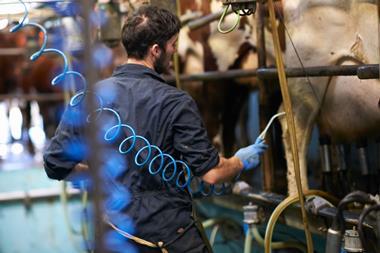
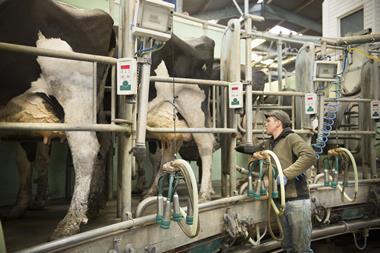
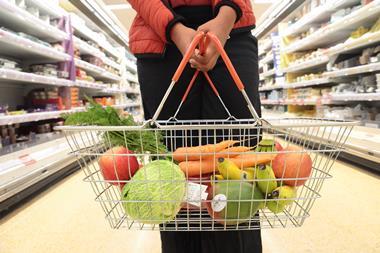

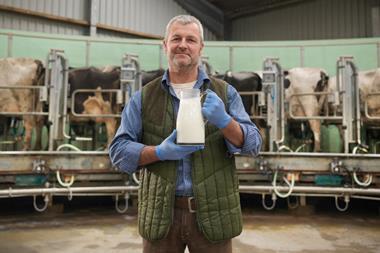






No comments yet